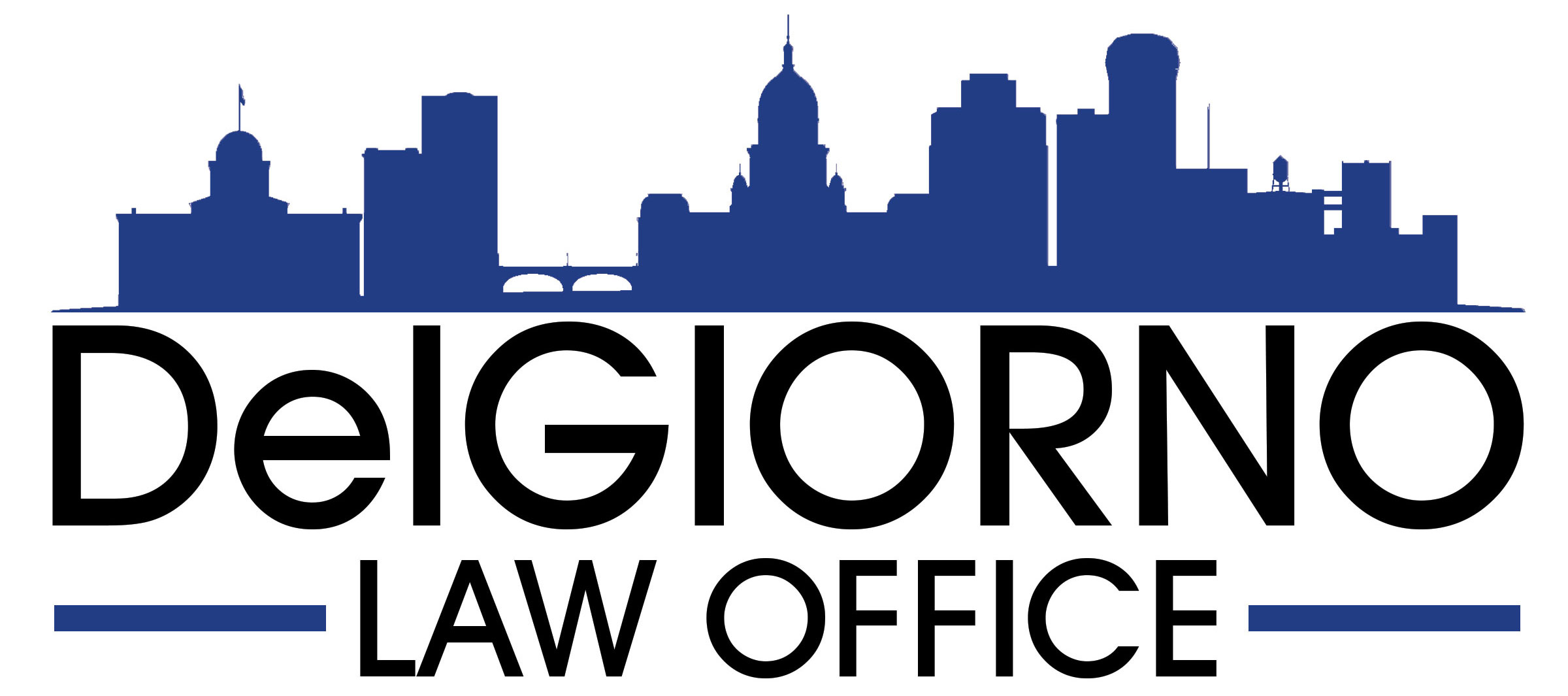Everyday, people open up new bank accounts or go into their bank and add a person to their account. The reasons for doing this are many. First, as a person gets older, it may be more difficult to get out to the store or to keep your bills straight. Therefore, you ask a trusted family member to take on this responsibility to give you a needed hand. Other times, you may want to make sure that if something happens to you, your family has access to these funds to pay for final expenses or simply to ensure that the family member receives the money without the need for probate or any sort of small estate affidavit.
All of these are legitimate reasons for putting a person onto a bank account. However, all account owners should know the difference between the forms of bank account ownership and be careful not to allow your banking agent to innocently establish the wrong type of account ownership which could have dire consequences for your overall estate planning.
The most common form of an individual deposit account for two or more people is the joint banking account. A joint banking account generally means that every person named on the account has an equal ownership interest. In the event one of the owners dies, the other person becomes the sole owner. This can be problematic if your estate plan (Will or Trust) calls for your money to be divided up amount several people. All money in these joint accounts circumvents the terms of the Will. With enough money at stake, this could lead to costly litigation after your demise. Banking agents oftentimes innocently advise customers to open up a joint account because it is the simplest form of ownership that allows two or more persons to sign on the account.
The next type of account calls for a Payable on Death (POD) provision. For much the same reasons, you should be careful about naming a beneficiary upon your death because that provision circumvents your Will. If that money was to be used for your funeral or other final expenses, the presence of a POD designation results in the money not being legally required to be used for such expenses.
There has also been a form of account that is created for convenience and allows non-owners to sign checks on the account. This is a more complicated form of account and often times, people will unknowingly think that they are opening this type of account but open a joint account instead. A convenience account for signature purposes only does not change the form or ownership or circumvent a person’s Will.
This problem is so pervasive that the Illinois General Assembly has enacted the “Banking Convenience Account for Depositors Act” effective January 1, 2010 (Public Act 96-123) to make the use of a convenience account an official form of account under state banking regulations.
Therefore, before opening or changing your bank account, consider your options and discuss it with your family attorney because changing the account’s title could have a dramatic impact on your final wishes.

Recent Comments